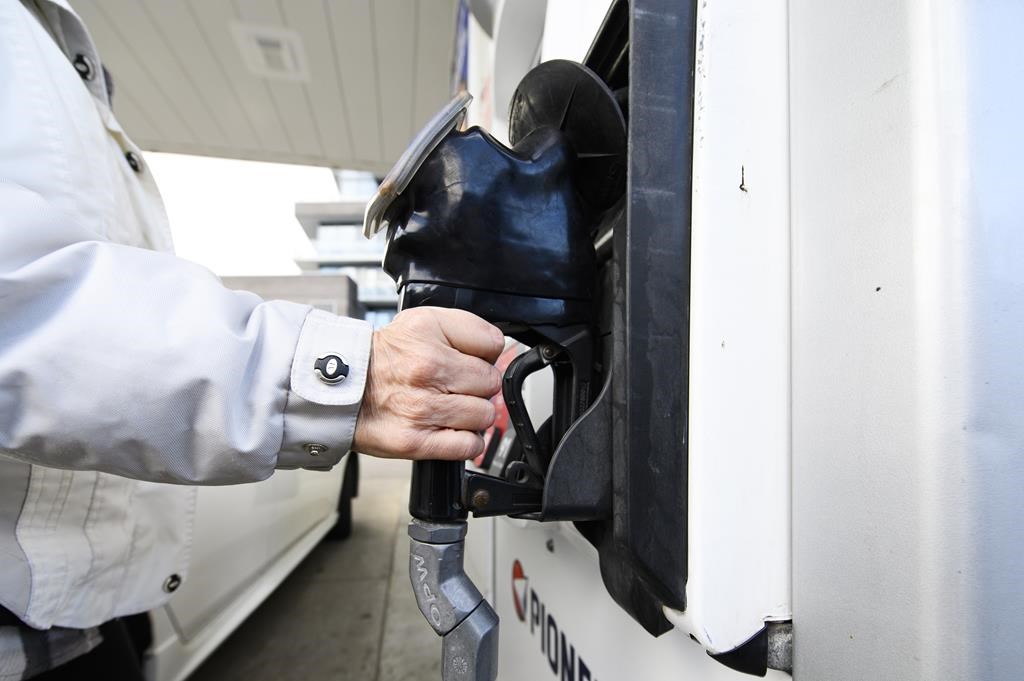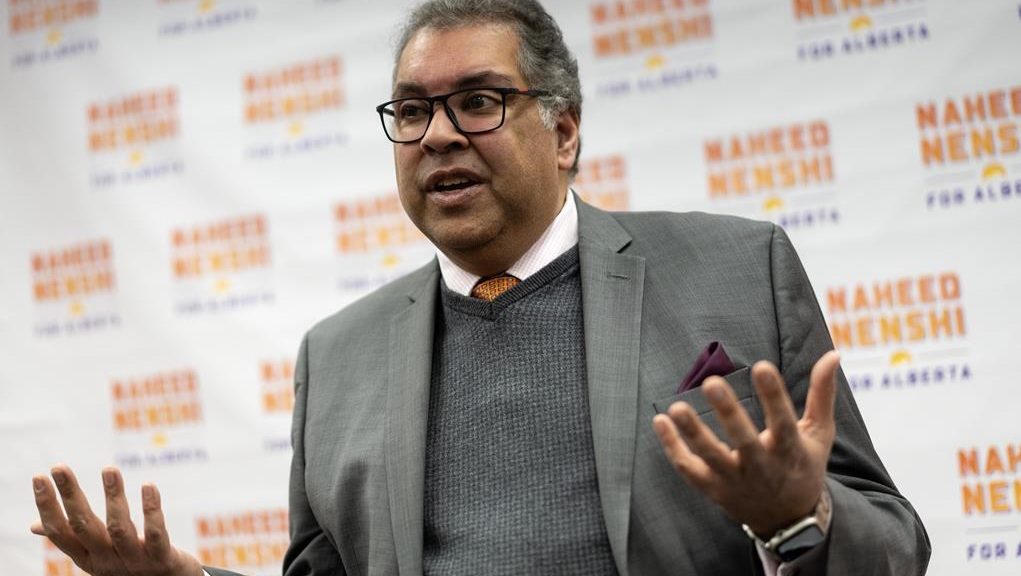Muskrat Falls estimate surpasses $11 billion: ‘Project was not the right choice’
Posted Jun 24, 2016 7:51 am.
Last Updated Jun 24, 2016 2:00 pm.
This article is more than 5 years old.
ST. JOHN’S, N.L. – As new estimated costs for the troubled Muskrat Falls hydro project in Labrador soar past $11 billion, the man overseeing it didn’t hesitate when asked if it’s a “boondoggle.”
“Yes,” Nalcor Energy CEO Stan Marshall told a news conference Friday. “Right now, it is. My task is to ensure in four years it will not be.
“It was a gamble,” he said, based on faulty, high-risk energy price assumptions when the project was approved by the former Progressive Conservative government in 2012.
“And it has gone against us.”
Marshall stressed just as quickly that with $6.7 billion spent or contractually committed, there’s no turning back. And despite the startling new price tag, he said there’s time to correct course and see Muskrat Falls “finish strong” while delivering power Newfoundland and Labrador ultimately needs.
Projected costs for the dam and power house on the lower Churchill River near Happy Valley-Goose Bay are now $11.4 billion including financing. That’s up $4 billion since 2012.
First power was expected next year, then delayed into 2018. Marshall, who replaced Ed Martin at Nalcor’s helm two months ago after the new Liberal government criticized the Crown corporation’s oversight, now says it won’t flow until the fall of 2019.
“In my opinion the Muskrat Falls project was not the right choice,” he said. “The project was too big for our needs.
“We speculated, and we lost.”
Full power from Muskrat Falls to the island of Newfoundland and on to Nova Scotia through subsea cables is expected in mid-2020.
Marshall said original cost estimates were optimistic or overly aggressive. It didn’t help that some contractors lacked experience working in harsh environments and that the quality of some early work “was poor,” he added.
Most problems stem from delays involving the power generating station, Marshall said. Nalcor is in “a major dispute” with Italian construction contractor Astaldi Canada, posing the most uncertainty for Muskrat Falls as talks to resolve pace of work and payment issues continue.
Marshall now says electricity rates for domestic customers will rise to about 21.4 cents per kilowatt hour in 2021, before tax. That’s up 6.3 cents from forecasts when the project was sanctioned, and almost double the 12 cents consumers paid in this province last year — potentially adding $150 to an average monthly bill.
Both Marshall and Premier Dwight Ball said they’ll explore all options over the next four years to make prices more affordable.
Consumers paid almost 15 cents per kilowatt hour in Ontario and 16 cents in Nova Scotia last year.
Marshall said forecasted energy needs in Newfoundland and Labrador have waned, but the province still needs a new source of power to replace the aging Holyrood plant and meet future demand.
He predicts by the time Muskrat Falls comes onstream, consumers in the province will be paying among the highest rates in the country.
The province is obligated to provide power over 35 years to Nova Scotia utility Emera, which is building the $1.6 billion subsea Maritime Link for transmission. Nixing Muskrat Falls and myriad contracts would be far more expensive than forging ahead, Marshall said.
Ball wouldn’t go so far as to describe Muskrat Falls as a “boondoggle.” He also said he did his best while Liberal opposition leader to challenge the previous government at every turn, including two related filibusters.
“We’ve inherited this project,” he told reporters Friday. “We’ve inherited the challenges that come with it.”
Ball said ratepayers have every right to question why they should trust anything they hear from Nalcor Energy.
“I completely understand why people would look at the project and say: ‘I’ve heard this before. It’s political.'”
Still, the premier said Muskrat Falls can get back on track with new leadership and focus.
“We’re going to see it past the finish line. Underpinning it will be reliable power at competitive prices.
“It will not bankrupt this province.”
Marshall said he has asked Ottawa to enhance terms of a federal loan guarantee finalized in 2013 to further ease borrowing costs.
Former premier Danny Williams, who championed Muskrat Falls as his grand finale before leaving politics in 2010, was not available Friday to comment. At the time, he hailed it as the solution to harness the province’s hydro potential while bypassing transmission hurdles through Quebec.
“Quebec will no longer determine the fate of Newfoundland and Labrador and one of the most attractive, clean energy projects in North America,” Williams said at the time.
NDP Leader Earle McCurdy said Friday that Marshall has set the record straight.
“I’m glad someone’s finally levelling with the people of the province on this because it has been a boondoggle,” he told reporters.
“It was economically and environmentally reckless from Day 1. It was rushed to sanction when it was very clear that the kind of controls, preparation and background information that was needed to make such a massive decision was not in place.
“It was too big a project for our little britches in a province of half a million people. Simple as that.”
Follow @suebailey on Twitter.










